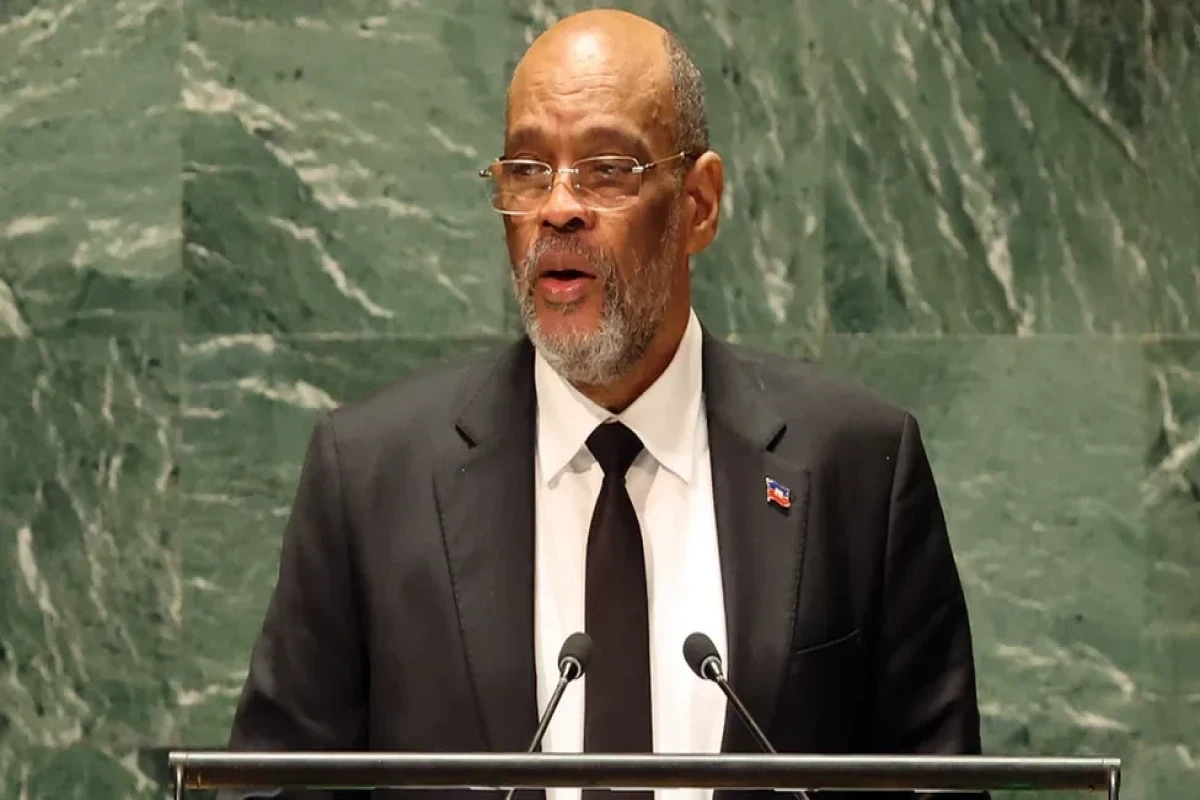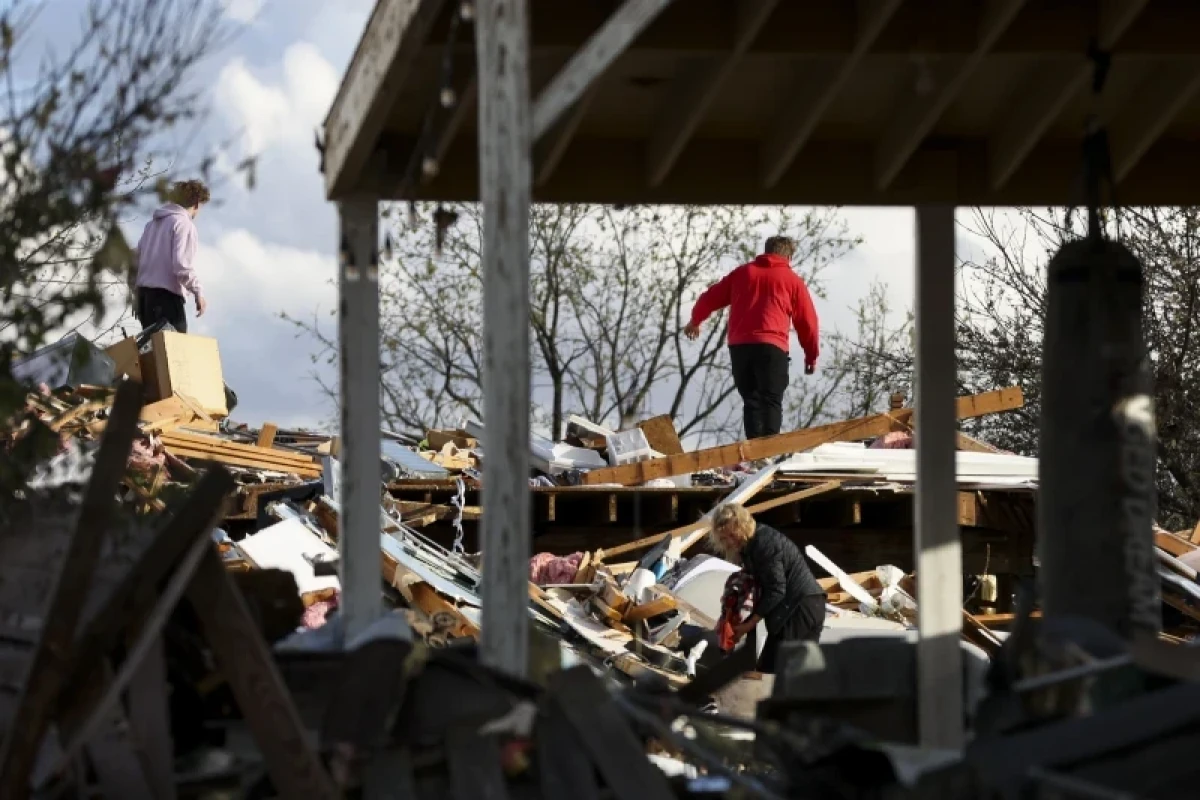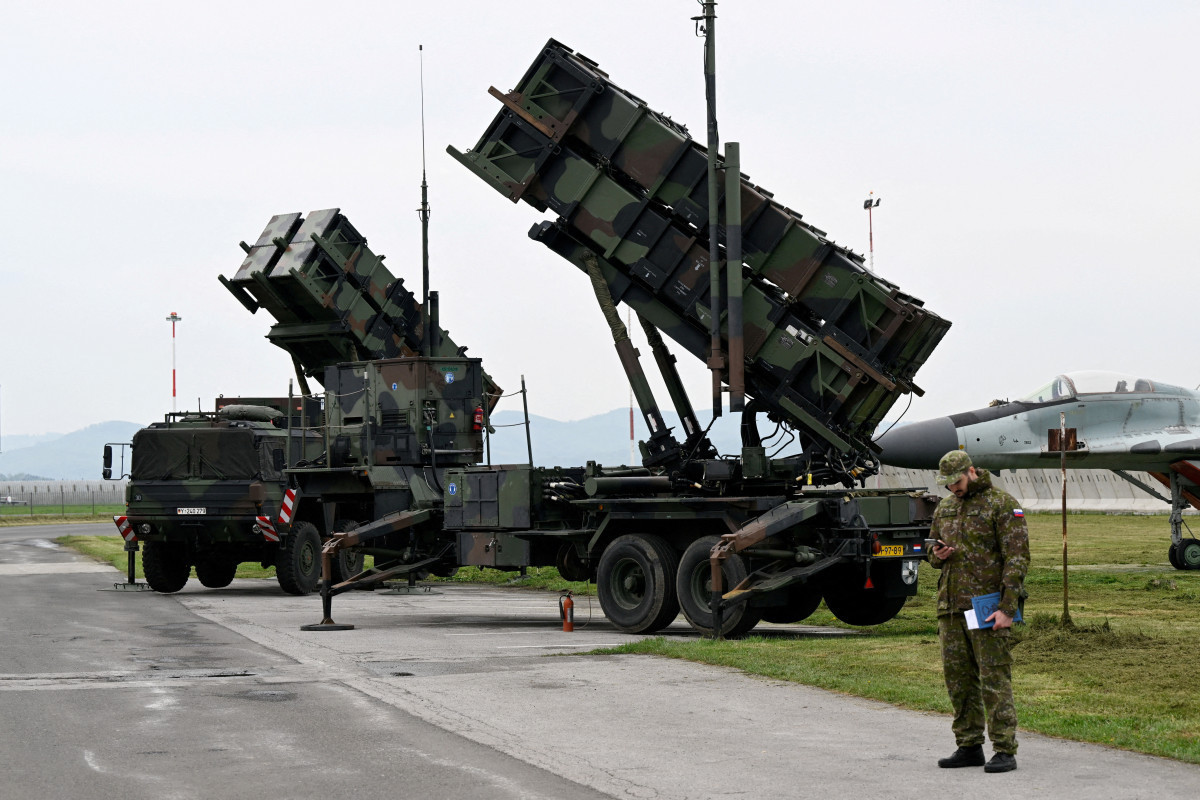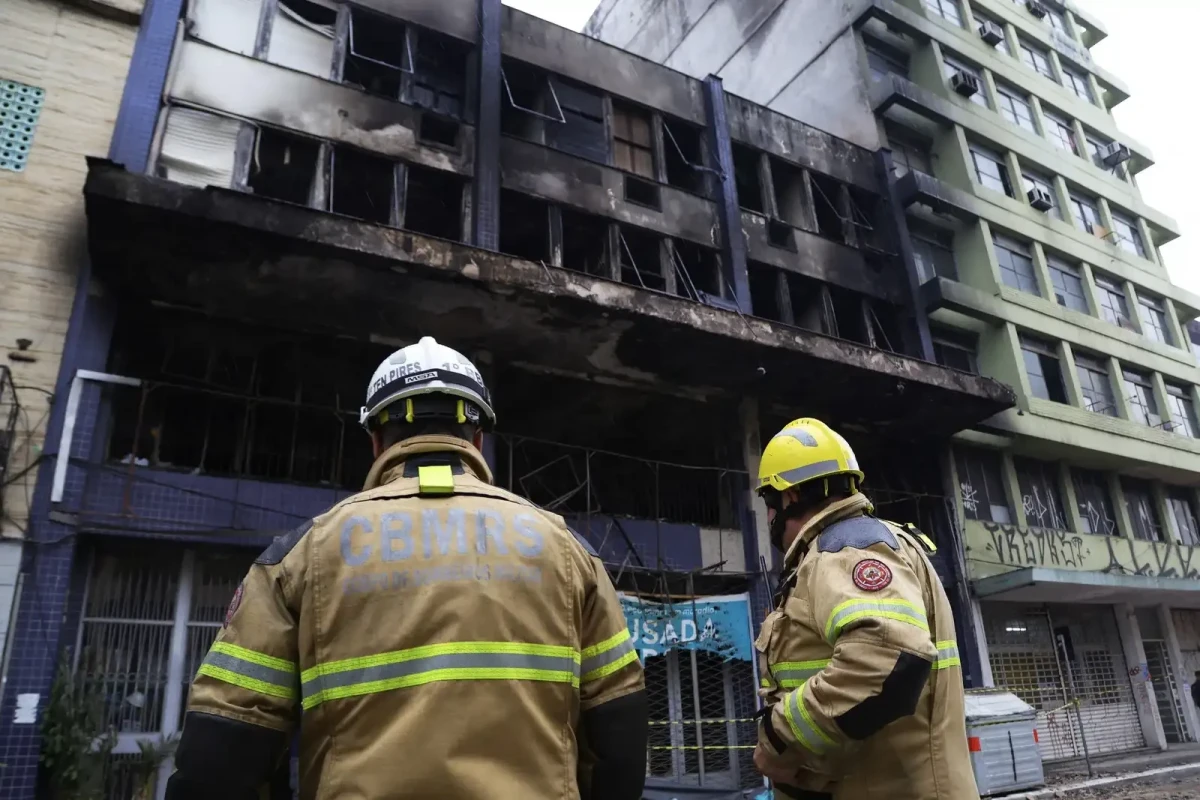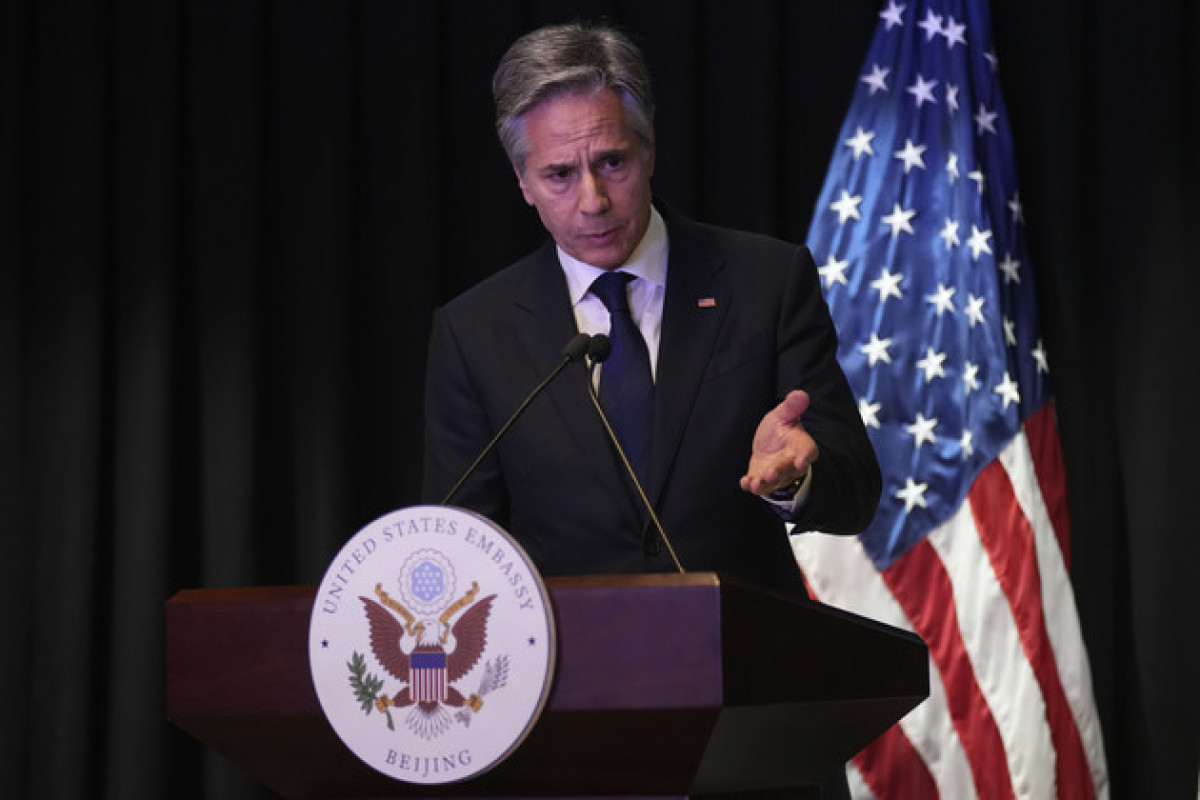Haiti's Prime Minister Ariel Henry has agreed to resign following weeks of mounting pressure and increasing violence in the country, APA reports citing BBC.
It comes after regional leaders met in Jamaica on Monday to discuss a political transition in Haiti.
Mr Henry is currently stranded in Puerto Rico after being prevented by armed gangs from returning home.
In a video address announcing his resignation, Mr Henry urged Haitians to remain calm.
"The government that I am leading will resign immediately after the installation of [a transition] council," Mr Henry said.
"I want to thank the Haitian people for the opportunity I had been granted. I'm asking all Haitians to remain calm and do everything they can for peace and stability to come back as fast as possible."
Mr Henry, who had led the country supposedly on an interim basis since July 2021 following former President Jovenel Moïse's assassination in July 2021, had repeatedly postponed elections, saying security must be restored first.
Many Haitians had questioned him governing the country for this long without an elected president.
Heavily armed gangs have controlled the streets of the Haitian capital of Port-au-Prince in recent days, demanding the resignation of the unelected prime minister.
Port-au-Prince and the surrounding region is under a month-long state of emergency, while a curfew has been extended.
Mr Henry had been in Kenya to sign a deal on the deployment of an international security force to help tackle violence when a coalition of gangs attacked police stations and stormed two of Haiti's largest prisons.
A plane carrying Mr Henry was stopped from landing following sustained attacks at Haiti's international airport.
His resignation has been expected for several days. The Caricom group of Caribbean nations had made its position clear that he was seen as an impediment to Haiti's stability and that he would have to stand down so the move to a transitional council could begin.
The White House had initially wanted to see Mr Henry return to Haiti to oversee the transitional process, but the ferocity of fighting in the country changed minds in Washington in recent days.
Without the support of either the US state department or his neighbours, it was clear that Mr Henry had no alternative but to stand down.
Mr Henry has expressed a wish to return to Haiti but the security situation has to improve before he is able to do so, according to the US which was at the talks in Kingston on Monday.
A senior US official said Mr Henry had first made the decision to step down on Friday but he had waited for an official announcement so talks could take place.
US Secretary of State Blinken committed a further $100m (£78m) to the 1,000-strong UN-backed security force Kenya is expected to lead in Haiti.
The proposed US contribution to the security force now stands at $300m following Mr Blinken's announcement, with a further $33m allocated for humanitarian aid.
Speaking following the meeting in Kingston, chair of the Caricom group and Guyana President Irfaan Ali said: "We acknowledge his resignation upon the establishment of a transitional presidential council and naming of an interim prime minister."
President Ali said the transitional presidential council would have two observers and seven voting members, including representatives from several coalitions, the private sector and civil society, and one religious leader.
The council has been mandated to "swiftly" appoint an interim prime minister, he said, adding that anyone intending to run in Haiti's next elections will not be able to participate.
It is hoped the council will pave the way for the first elections in Haiti since 2016.


